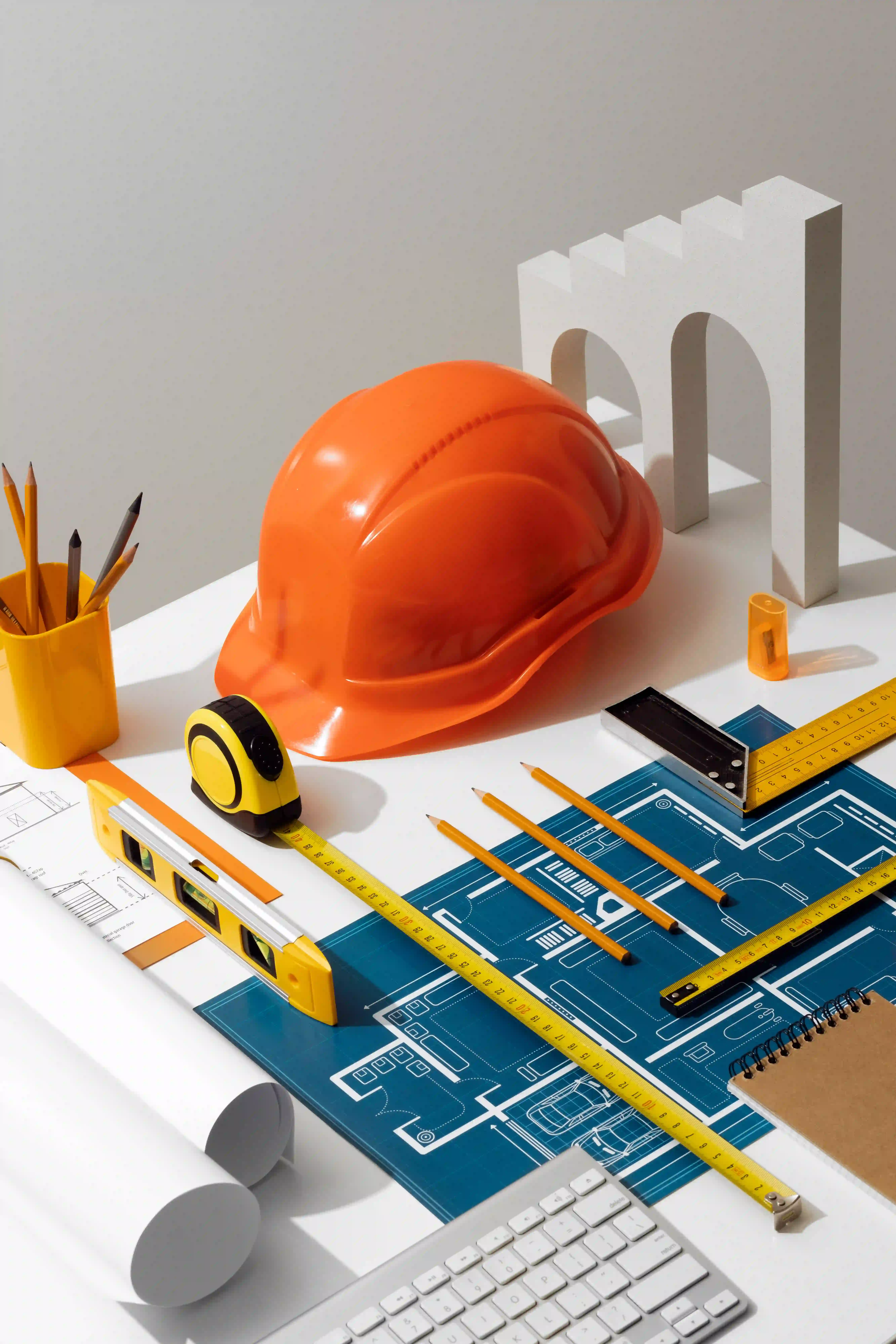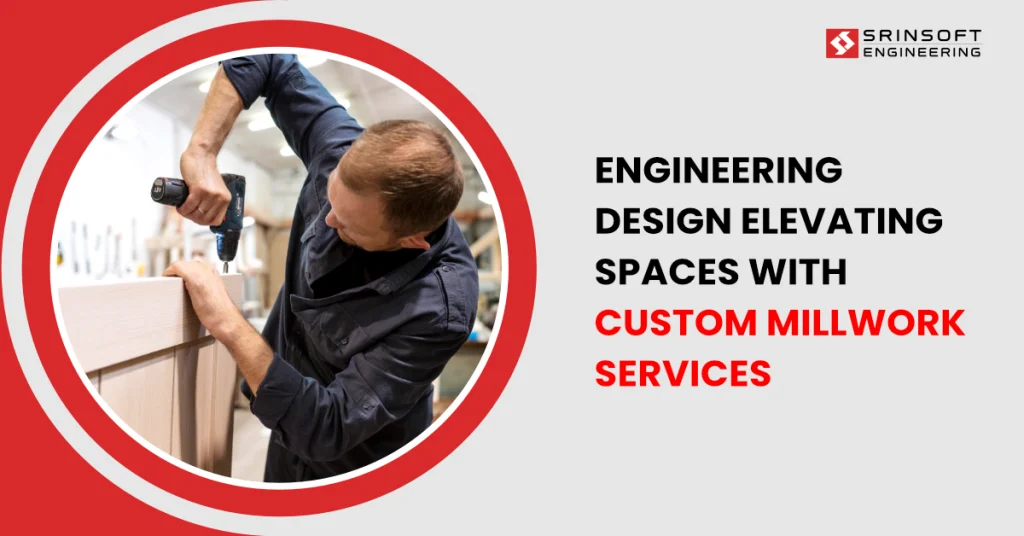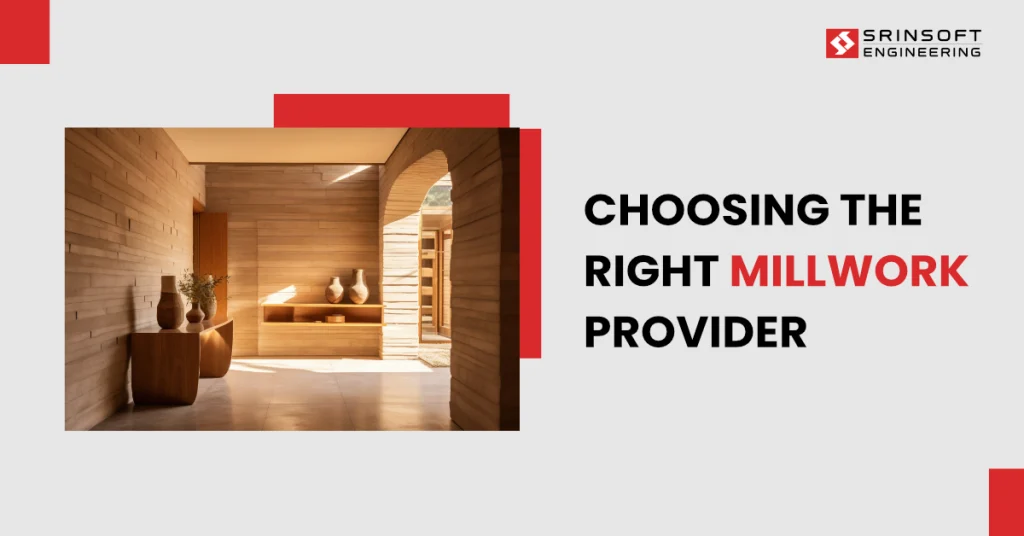
Custom millwork is an investment that adds distinctive beauty and functionality to your space.
However, understanding the cost factors involved is essential for planning and budgeting effectively.
In this detailed guide, we’ll explore the various elements that contribute to the overall cost of a custom millwork project.
Checkpoints of Cost Estimation in Custom Millwork
1. Design Complexity and Detailing
The intricacy of the design plays a significant role in determining the cost of custom millwork.
Elaborate details, intricate carvings, and complex joinery require more time and skill, which can impact the overall price.
2. Choice of Materials
The type of wood selected for the millwork is a primary cost factor. Exotic or rare woods tend to be more expensive than common hardwoods.
Additionally, specialty finishes or treatments can add to the material cost.
3. Size and Scale of the Project
The dimensions and scale of the millwork pieces directly affect the cost.
Larger or more extensive projects will require more materials, labor, and time, which translates to a higher overall cost.
4. Hardware and Accessories
The choice of hardware, such as handles, knobs, hinges, and decorative elements, can influence the cost.
High-end or custom hardware options may come with a premium price tag.
5. Finishing and Detailing
The finishing process, including staining, painting, and sealing, adds to the overall cost. Specialty finishes or intricate detailing may require additional labor and materials.
6. Installation and Site Preparation
The complexity of installation and any necessary site preparation can impact the final cost.
Projects that require extensive site modifications or unique installation techniques may incur higher expenses.
7. Location and Accessibility
Geographic location can affect the cost due to variations in labor rates, material availability, and transportation expenses.
Additionally, factors like access to the site and availability of utilities can influence pricing.
8. Customization and Personalization
The level of customization, tailored to meet specific design preferences and functional requirements, can impact the cost.
Highly customized pieces may require additional time and expertise.
9. Timeline and Turnaround
Urgency and project timelines can affect cost. Rushed projects may require additional resources and overtime labor, which can result in higher expenses.
10. Waste and Material Efficiency
Efficient use of materials and minimizing waste can help control costs.
Experienced millworkers will strive to optimize material usage, reducing unnecessary expenses.
11. Contractor Expertise and Reputation
Experienced and reputable millwork providers may command higher rates.
However, their expertise and track record of successful projects can provide added value and assurance of quality.
Checkout: How to Choose Right Millwork Provider
12. Contingency and Unforeseen Costs
It’s prudent to allocate a contingency budget for unforeseen circumstances or changes in project scope.
This helps mitigate unexpected costs that may arise during the course of the project.
Wrapping up
Understanding the various cost considerations in custom millwork allows you to make informed decisions and plan your project effectively.
By carefully evaluating these factors in conjunction with your design preferences and budget constraints, you can achieve a custom millwork project that beautifully complements your space while staying within your financial parameters.


